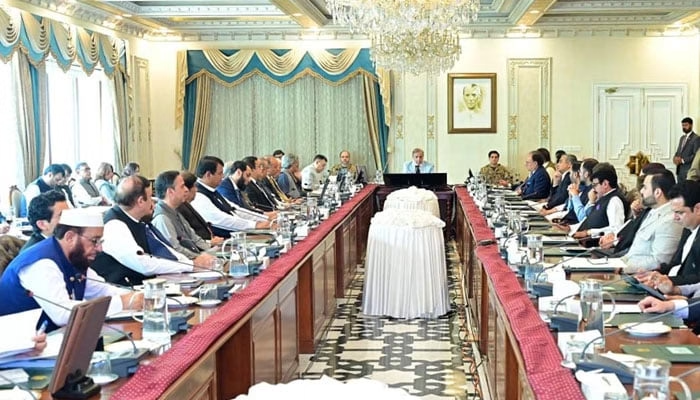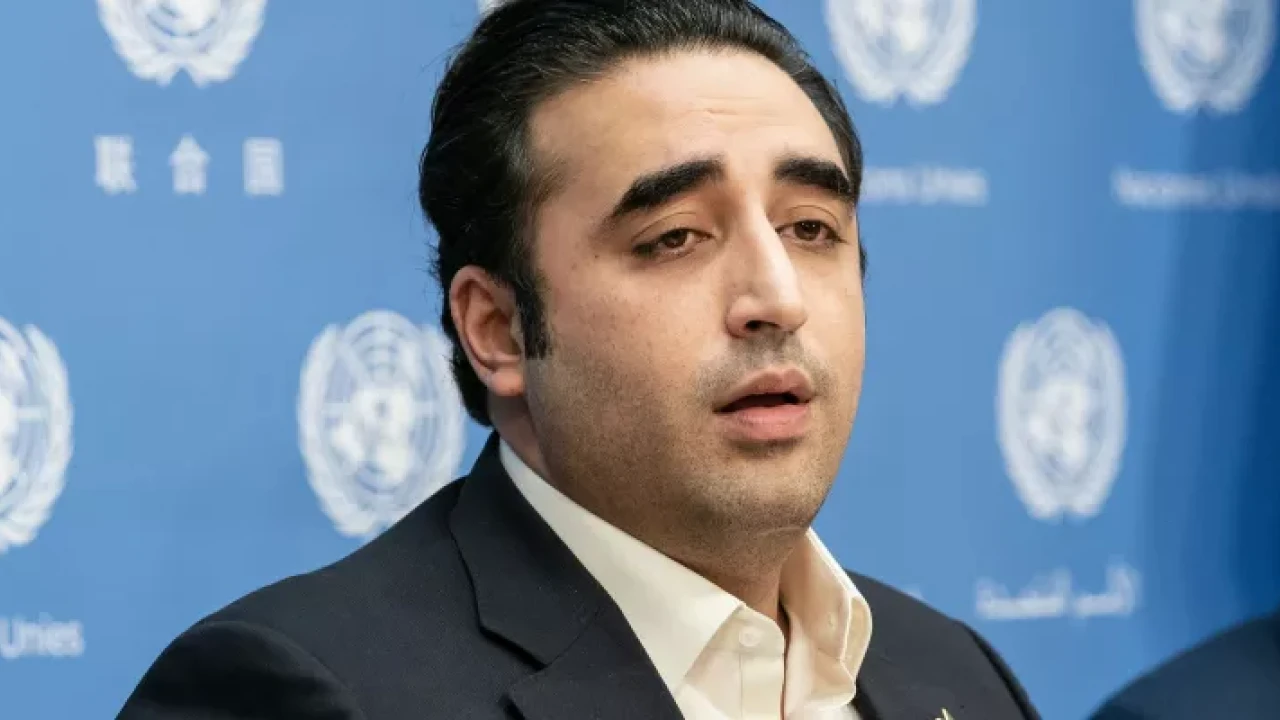Prime Minister Shehbaz Sharif on floods has once again underlined the federal government’s commitment to supporting families devastated by the recent monsoon rains and flash floods in Pakistan. With over 785 lives lost nationwide — including more than 460 in Khyber Pakhtunkhwa (KP) alone — the premier has vowed to speed up rehabilitation and ensure that relief reaches the worst-hit communities.
Heavy Rains and Cloudbursts Leave Trail of Destruction
Addressing the federal cabinet, Shehbaz Sharif expressed grave concern over the devastation caused by heavy monsoon rains, cloudbursts, and flash floods. The worst-hit areas in KP include Swat, Swabi, Mansehra, and Shangla, where hundreds of families have lost their homes, livelihoods, and loved ones.
According to the National Disaster Management Authority (NDMA), the death toll between June 26 and August 22 has risen to 785. The breakdown of fatalities includes 469 in KP, 165 in Punjab, 51 in Sindh, 45 in Gilgit-Baltistan, and 24 in Balochistan. These figures highlight how KP has suffered the most during this monsoon season, bearing more than half of the nationwide casualties.
Climate Change: A Growing Threat
The premier also stressed that the recurring disasters are deeply tied to climate change and global warming. Authorities have already confirmed that rare cloudbursts and longer spells of heavy rains are being fueled by climate shifts. Experts warn that such events are likely to intensify in the coming years, putting millions more at risk across Pakistan.
Recalling the 2022 floods, which caused widespread destruction and displaced millions, Shehbaz Sharif highlighted that while the geographical impact this year was smaller, the human loss is even greater. Over 700 people have perished in just a matter of weeks, with KP alone witnessing more than 400 fatalities.
Federal Government and Armed Forces Step In
In his remarks, Shehbaz Sharif on floods made it clear that the federal government, NDMA, and the armed forces were fully mobilized to provide relief. He pointed out that Chief of Army Staff Field Marshal Syed Asim Munir accompanied him on a recent visit to Buner and other flood-hit areas in KP to personally oversee the situation.
The premier said ministers, secretaries, and federal institutions are all engaged in rescue, relief, and rehabilitation efforts. From providing food and shelter to rebuilding damaged infrastructure, authorities are working to ease the suffering of affected families.
Tackling Root Causes: Deforestation and Illegal Constructions
Shehbaz Sharif also addressed two major root causes that worsen the impact of floods: illegal construction along waterways and deforestation in critical areas like Galyat. He emphasized that such practices block natural water flows and increase the risk of flash floods.
I will soon call a meeting to discuss this matter in detail, he stated, stressing that unchecked tree-cutting and unplanned construction must be discouraged to prevent future disasters.
Solidarity with Affected Populations
During the cabinet meeting, Fateha prayers were offered for those who lost their lives in the floods. Shehbaz Sharif extended his condolences to grieving families across KP, Punjab, Sindh, Gilgit-Baltistan, and Balochistan. He also reaffirmed that the federal government stands shoulder-to-shoulder with the victims, regardless of provincial boundaries.
The prime minister further acknowledged similar weather-related disasters in Karachi, Azad Jammu and Kashmir, and Gilgit-Baltistan, reiterating that the scale of this tragedy extends beyond KP.
Looking Ahead: International Cooperation
Beyond flood relief, Shehbaz Sharif noted the importance of strengthening Pakistan’s global partnerships in tackling climate challenges. Referring to the visit of Chinese Foreign Minister Wang Yi, he highlighted that the China-Pakistan strategic friendship is growing stronger. He also announced that he would soon attend the Shanghai Cooperation Organization (SCO) Summit in China, where climate resilience and disaster management are expected to be part of discussions.
The devastating floods of 2024 have once again reminded Pakistan of its vulnerability to climate-induced disasters. With 785 people dead nationwide, including more than 460 in KP, the need for urgent action is greater than ever.
By mobilizing relief efforts and promising swift rehabilitation, Shehbaz Sharif on floods has signaled the federal government’s commitment to protecting lives and livelihoods. However, experts argue that long-term solutions — such as tackling deforestation, enforcing stricter regulations on construction, and investing in climate adaptation — are equally crucial.
As Pakistan faces a future where climate change will continue to intensify monsoon patterns, collective efforts at the national and international level will be essential to prevent tragedies of this scale.



